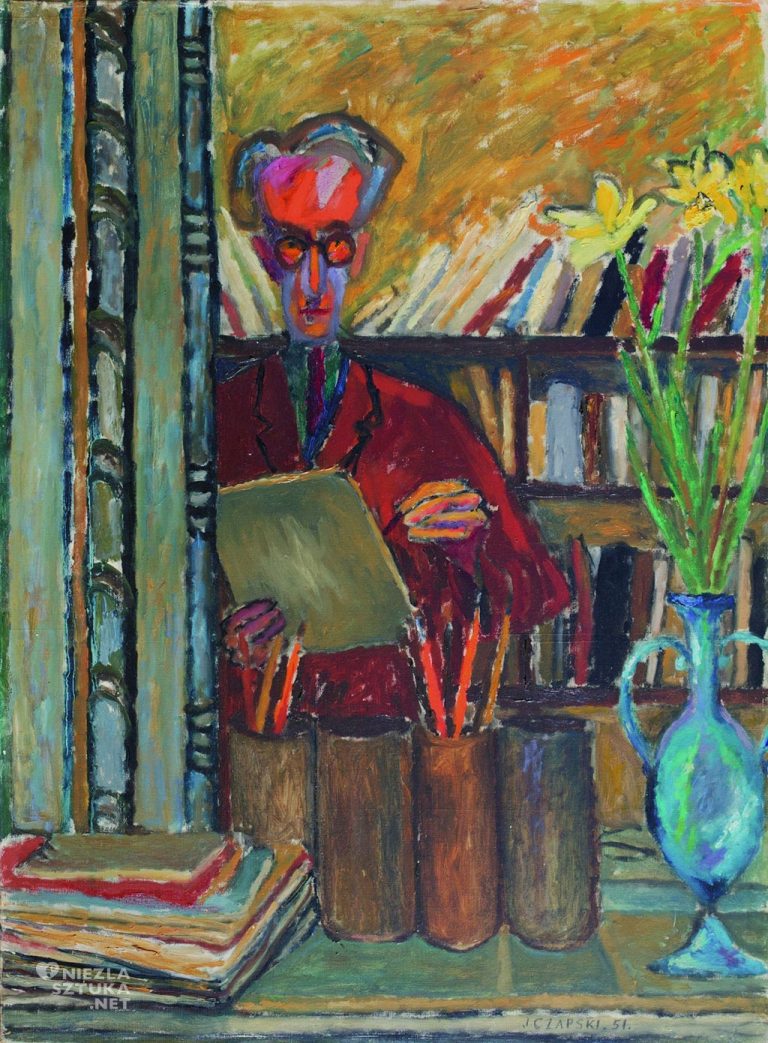
Contemporary
In an affectionate portrait of Józef Czapski, Wojciech Karpiński wrote, ‘After our first encounters, I often went back to his texts. There I recognised the sharp timbre of his voice, the way he had of emphasising certain words, printed in italics in the text, by gesture and intonation when he spoke. I recognised the same rapid and precise outlook, and the use of the present indicative to speak of Delacroix, Corot, Degas, Daniel Halévy – or of himself a few years or several decades earlier. For him, all truly important problems were contemporary.’ Czapski would equally have talked in the present tense of Aeschylus, of the Prophet Isaiah, of the birth of the Messiah in Bethlehem. How circumscribed and dull life becomes when we reduce our notion of the ‘contemporary’ to what happens to be going on just at the moment. A true perception of reality will point us towards a now that is ever-present.
